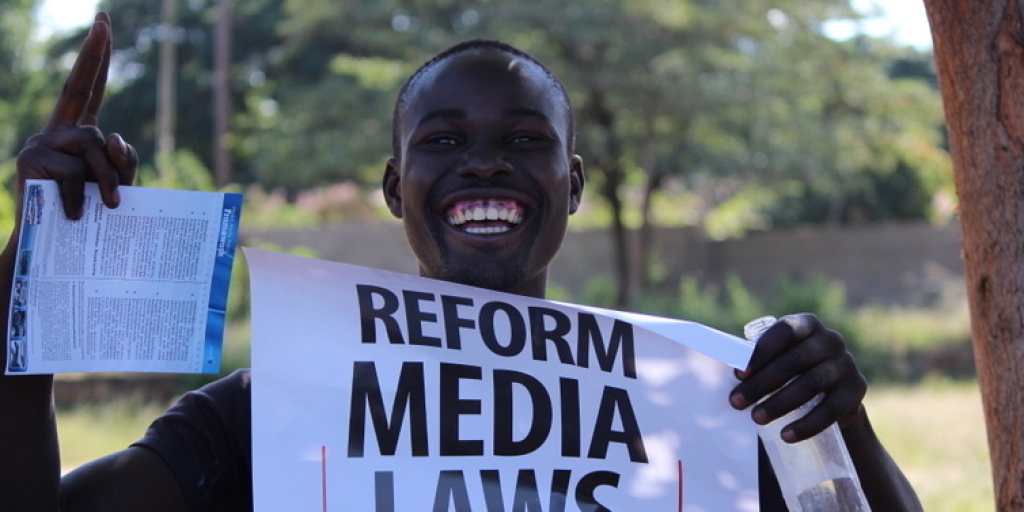Media and the law: writing safely about medical negligence
It’s game over for legal practitioners who have been submitting fraudulent medical negligence claims amounting to millions of rand out of ‘sheer greed’, writes Rorisang Kgosana in timeslive.co.za, as the Department of Health and the Special Investigating Unit uncover abuse and fraudulent medical negligence claims involving millions of rand by lawyers and law firms.
In some cases, the so-called victims do not even exist.
Yet, ‘between understanding medical terminology and decoding legal documents, reporting on negligence cases can be complicated’. Media lawyer Okyerebea Ampofo-Anti shared her expertise with journalists during a webinar hosted by the Press Council of South Africa, the South African Editors’ Forum (SANEF) and the Bhekisisa Centre for Health Journalism, offering practical legal tips for reporting on cases of alleged medical negligence.
Read more here.
The presentation teaches journalists how to
- Get acquainted with the legal definition of ‘negligence’
- Know which words will be problematic, and how to avoid using them to steer clear of a defamation lawsuit
- Get to grips with the three best defences in court or at the Press Ombudsman – if you receive a complaint. These are public interest, truth and reasonable publication
- Accept ‘no comment’ less harshly
Ampofo-Anti is clear on the following:
- Every person in the chain of publication can be held liable in a defamation case. This includes the patient who made the allegation, the journalist who wrote the story, and the publisher or broadcaster who ultimately put out the story.
- ‘Strictly speaking, [legal liability] can even go as far as the store that carries copies of that newspaper.’ But that hardly ever happens in reality, she says.
- In most cases, publications won’t throw their journalists under the bus. The publication will usually take the responsibility for a defamatory story by paying legal fees and other damages awarded against the reporter, Ampofo-Anti says. But there is also a caveat: ‘That’s not to say you shouldn’t be concerned, because your reputation as a journalist is also on the line.’




